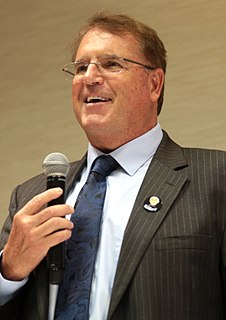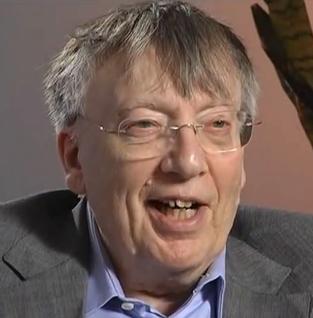A Quote by Lord Acton
The true natural check on absolute democracy is the federal system, which limits the central government by the powers reserved, and the state governments by the powers they have ceded.
Related Quotes
I see,... and with the deepest affliction, the rapid strides with which the federal branch of our government is advancing towards the usurpation of all the rights reserved to the States, and the consolidation in itself of all powers, foreign and domestic; and that, too, by constructions which, if legitimate, leave no limits to their power... It is but too evident that the three ruling branches of [the Federal government] are in combination to strip their colleagues, the State authorities, of the powers reserved by them, and to exercise themselves all functions foreign and domestic.
The powers delegated by the proposed Constitution to the federal government are few and defined. Those which are to remain in the State governments are numerous and indefinite. The former will be exercised principally on external objects, as war, peace, negotiation and foreign commerce. ... The powers reserved to the several States will extend to all the objects which in the ordinary course of affairs, concern the lives and liberties, and properties of the people, and the internal order, improvement and prosperity of the State.
Many, if not most, of the difficulties we experience in dealing with government agencies arise from the agencies being part of a fragmented and open political system…The central feature of the American constitutional system—the separation of powers—exacerbates many of these problems. The governments of the US were not designed to be efficient or powerful, but to be tolerable and malleable. Those who designed these arrangements always assumed that the federal government would exercise few and limited powers.
The founders understood that democracy would inevitably evolve into a system of legalized plunder unless the plundered were given numerous escape routes and constitutional protections such as the separation of powers, the Bill of Rights, election of senators by state legislators, the electoral college, no income taxation, most governmental functions performed at the state and local levels, and myriad other constitutional limitations on the powers of the central government.
If the federal government has the exclusive right to judge the extent of its own powers, warned the Kentucky and Virginia resolutions' authors (James Madison and Thomas Jefferson, respectively), it will continue to grow - regardless of elections, the separation of powers, and other much-touted limits on government power.
The proposed constitution, therefore, even when tested by the rules laid down by its antagonists, is, in strictness, neither a national nor a federal constitution; but a composition of both. In its foundation it is federal, not national; in the sources from which the ordinary powers of the government are drawn, it is partly federal, and partly national; in the operation of these powers, it is national, not federal; in the extent of them again, it is federal, not national; and finally, in the authoritative mode of introducing amendments, it is neither wholly federal, nor wholly national.





























